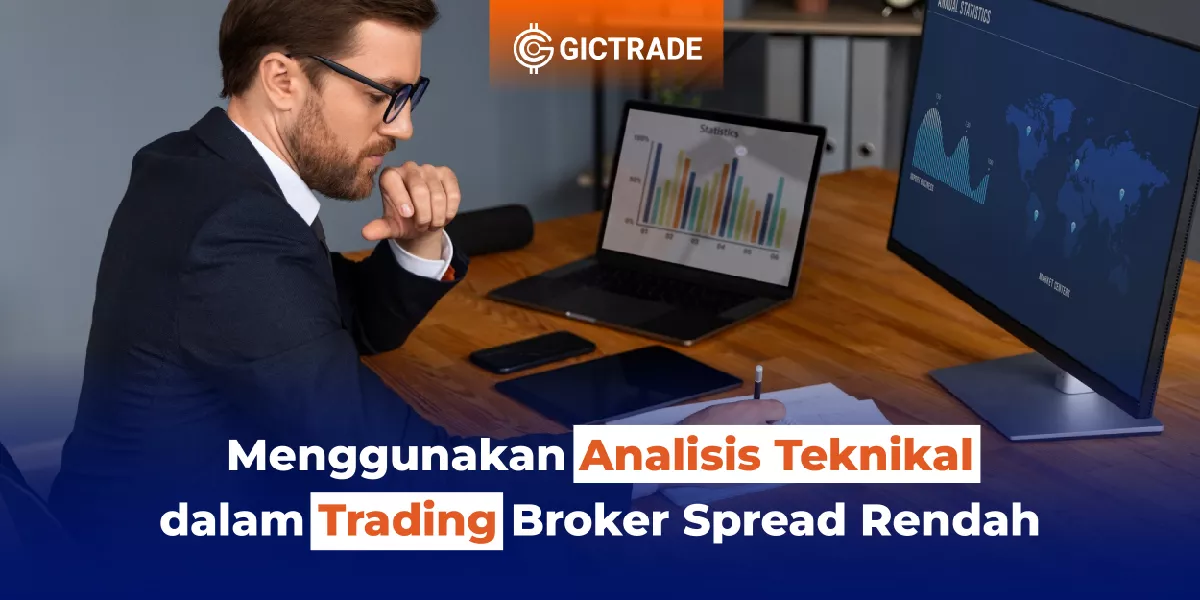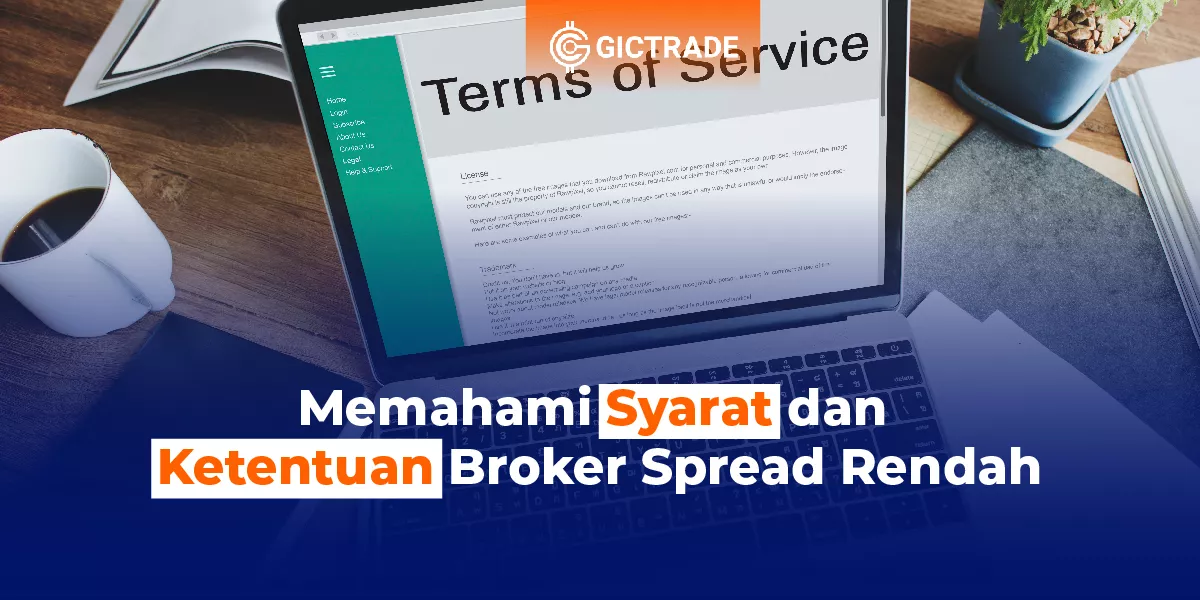Why Low Spread Brokers - Welcome to our article discussing why low spread brokers are the best choice for your investment. In the investment world, selecting the right broker is a crucial step toward achieving financial success.
One factor to consider is the spread, which can affect your profitability. Let’s discuss why choosing a low spread broker is a smart decision.
What Is a Low Spread Broker?
Spread - The Basics
To understand low spread brokers, you need to know what a spread is. The spread is the difference between the buying (bid) price and the selling (ask) price of a financial asset. Low spread brokers mean this difference is minimal, which is beneficial for investors.
Let’s take a closer look at why this spread is important:
1. Bid Price
The bid price is the price offered by traders or investors when they want to buy an asset. It is the lower price and reflects the maximum they are willing to pay for that asset.
2. Ask Price (Ask)
The ask price is the price demanded by traders or investors when they want to sell an asset. It is the higher price and reflects the minimum they are willing to accept for selling that asset.
3. Spread
The spread is the difference between the bid and ask prices. This difference is the profit for the broker or financial institution. The spread also affects the profit or loss experienced by the trader or investor. The smaller the spread, the better it is for the trader.
Why Is the Spread Important?
The spread plays a significant role in trading and investing, especially regarding profitability and costs. Here are a few reasons why the spread is crucial:
1. Potential Profit
In trading, traders hope to profit from price changes in assets. A smaller spread makes it easier for traders to achieve profits because the buy and sell prices are closer together.
2. Transaction Costs
The spread also reflects transaction costs. The larger the spread, the higher the transaction costs that traders must bear. Over the long term, these costs can be significant and impact profitability.
3. Liquidity
The spread is also related to market liquidity. Markets with smaller spreads tend to be more liquid, meaning traders can buy and sell assets more easily without significant price changes.
Key Benefits of Low Spread Brokers
1. Greater Profit Potential
With low spreads, you have greater profit potential. When the difference between the buy and sell prices is minimal, you don’t need to see prices rise significantly to achieve profit.
2. Lower Transaction Costs
Low spread brokers generally offer lower transaction costs. This means you can save money in the long run, enabling more efficient investing.
3. Faster Execution
Brokers with low spreads often provide fast execution, which is essential in quick trading or scalping. This speed allows you to enter and exit the market efficiently.
How to Choose a Low Spread Broker
1. Market Research
Conduct market research to identify brokers with low spreads. Compare their offerings and ensure you understand all associated costs.
2. Reputation and Regulation
It’s essential to choose a broker with a good reputation and subject to strict regulations. This will provide protection for your investments.
3. Trading Platform
Ensure that the trading platform offered by the broker is user-friendly and meets your needs.
Get to Know GIC, a Trusted Low Spread Broker in Indonesia
Forex platforms that offer low spreads are highly sought after by scalping enthusiasts since this trading strategy involves many transactions in a day, where commission costs can reach up to 100 pips.
To reduce operational costs in forex trading, traders choose desks with low spreads. Some traders even consider this criterion as a primary factor in selecting a platform.
So, what are the advantages of using low spreads?
With low spreads, potential financial losses can be reduced, aligning with the fundamental principles of traders: making profits and keeping personal funds safe.
Registered forex platforms provide options for floating and fixed spreads with varying values, but still at minimum or medium levels.
While it’s possible to make a significant initial deposit, platforms offering micro and mini accounts still allow trading in smaller amounts.
So, why wait long? Join now and enjoy the benefits!
One platform with small spreads is GIC, which offers low spreads through a peer-to-peer (P2P) concept. By using the account types provided by GIC, traders can take advantage of these low spreads.
GICTrade serves as a market maker, providing instant liquidity, reducing spreads, and minimizing trading slippage.
The GICTrade platform offers very competitive spreads, though not the lowest in Indonesia at present. Additional benefits such as no commission and swap-free trades make GICTrade a very trader-friendly platform.
After learning about platforms with low spreads, you can start trading with GIC and enjoy the lowest spreads we have.
Conclusion
Why are low spread brokers the best choice for your investment? With greater profit potential, lower transaction costs, and fast execution, such brokers offer various advantages that can enhance your investment outcomes.
FAQs (Frequently Asked Questions)
1. Does low spread mean low risk?
Not necessarily. Low spreads only reduce transaction costs, but risks still exist depending on the type of investment you choose.
2. How can i know the spreads offered by a broker?
You can check the broker’s website or contact their customer service for more information about spreads.
3. Are all brokers with low spreads safe?
No. It’s crucial to choose a regulated broker with a good reputation to ensure the safety of your investments.
4. Do i need to be an experienced trader to use a low spread broker?
No, low spread brokers are suitable for both novice and experienced traders. They can benefit anyone.
5. How can i start investing with a low spread broker?
You can begin with simple steps: choose a broker, open an account, deposit funds, and start investing.
So, if you want to maximize your investment potential, consider low spread brokers. They can be the key to your success in the investment world.
 Last:
Last: 







